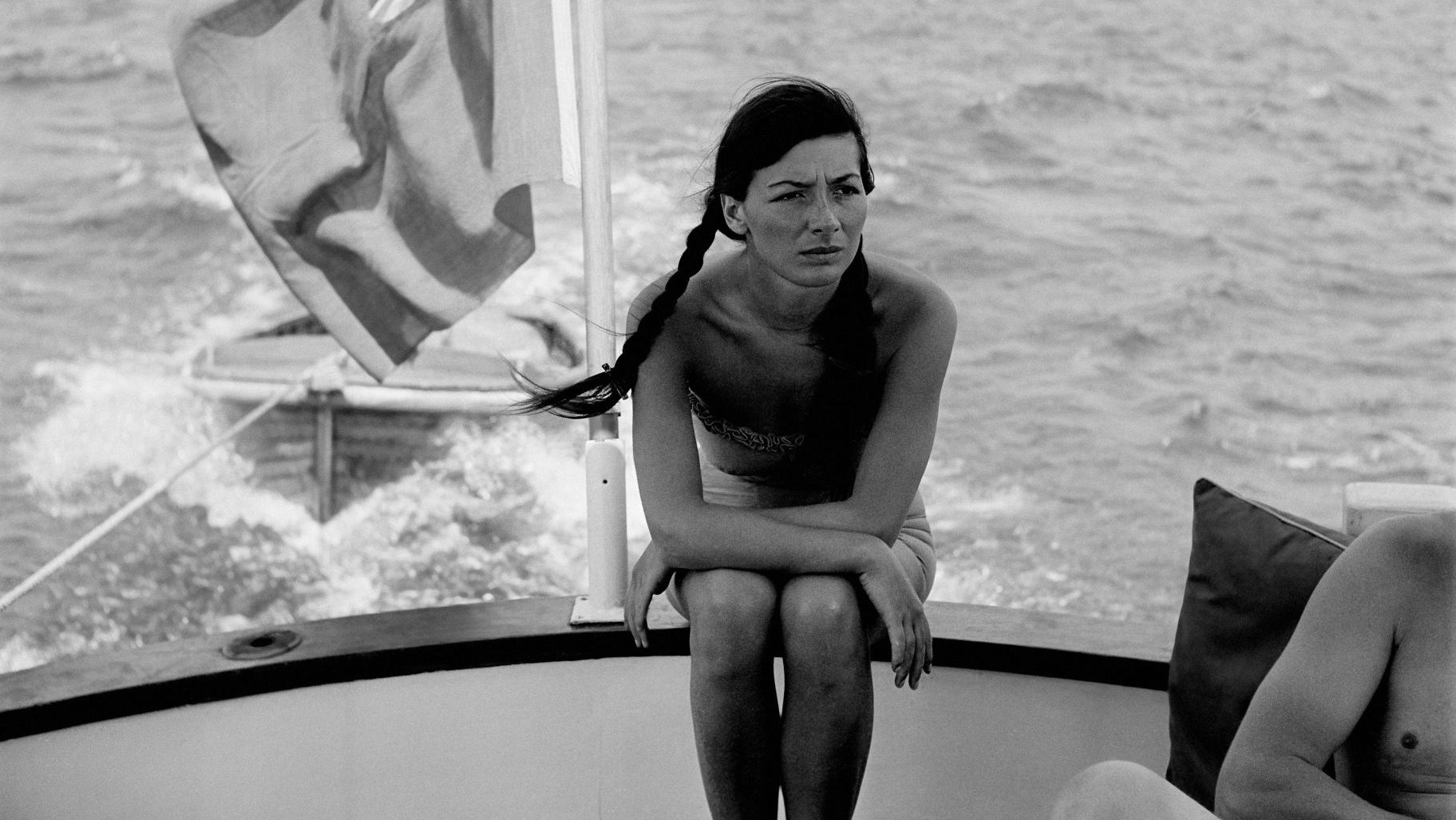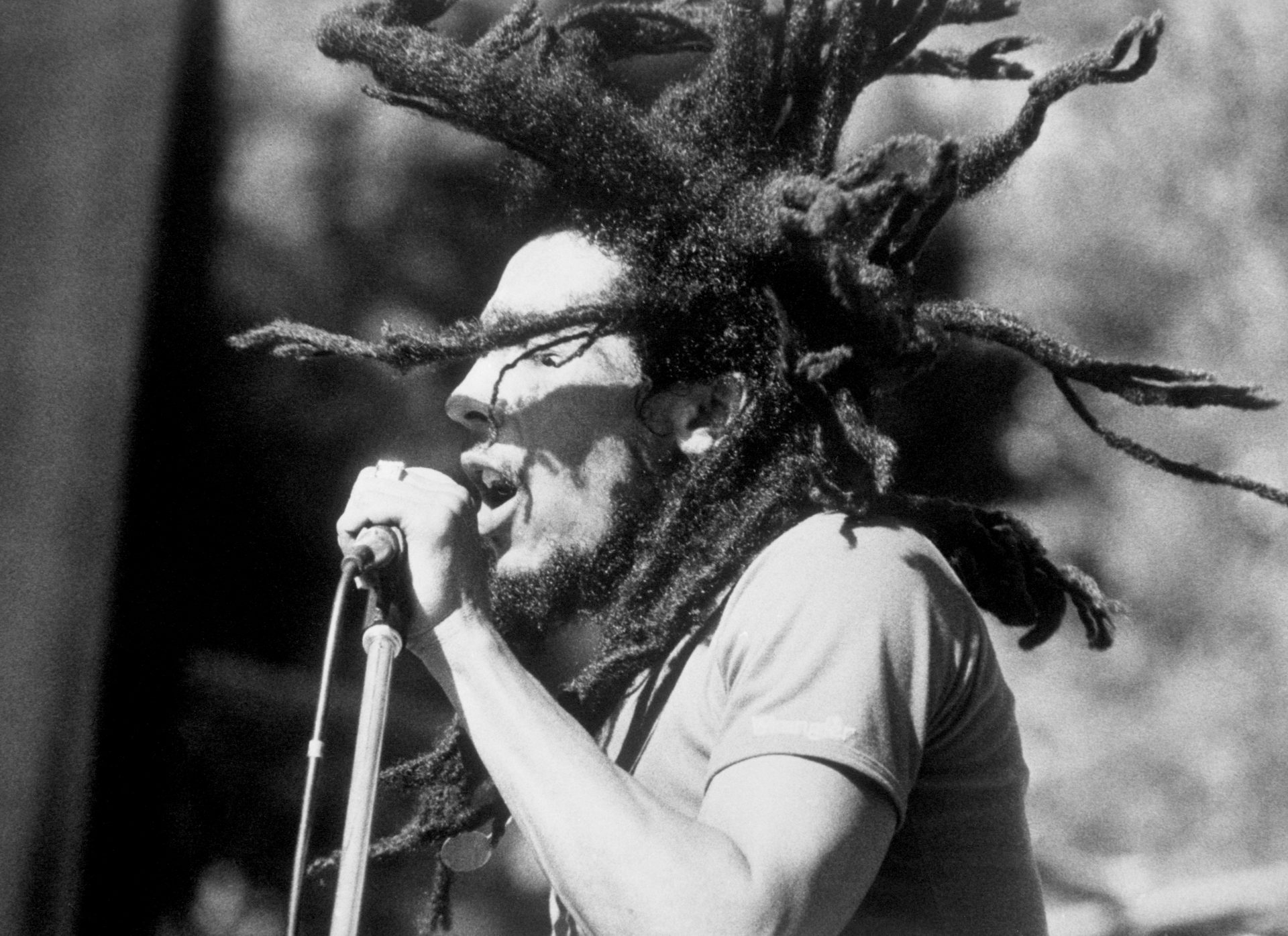They began to arrive in Paris at the end of April 1945. On buses and in open trucks they came, sallow, skeletal, still in their striped uniforms, some part-covered by donated coats and old sweaters. Haunted eyes darted around.
Death had lurked at every turn in Buchenwald, Ravensbrück and Auschwitz and that constant terrified wariness was hard to shake even on the streets of Paris. After disembarking from their transport, they were ushered into the ornate lobby of the Lutetia, the only grand hotel on the Left Bank.
Before the war the Lutetia had been a home from home for the likes of William Carlos Williams and Samuel Beckett. James Joyce wrote part of Ulysses there and would play the piano in the lobby. Ernest Hemingway and Gertrude Stein propped up the bar. Matisse, Picasso, Isadora Duncan were regulars. Then Hitler arrived and the Lutetia became the headquarters of the Abwehr, the Nazis’ military intelligence department.
Now the survivors of the regime’s human cost were being given use of the hotel, requisitioned by de Gaulle himself as a place of transition for France’s returning concentration camp survivors.
Up to 500 of them arrived every day for four months. Crowds of Parisians gathered to watch them step down from their vehicles, scanning their traumatised faces for a glimpse of a loved one, waving photographs at new arrivals, asking desperately, what camp were you in, did you see this man, this woman, this child?
France can rarely have played host to a more heartrending scene and 18-year-old Juliette Gréco was there, every day, watching, scanning, hoping.
It had been a little over two years since she’d last seen her mother Juliette and elder sister Charlotte in the basement of a police station. Arrest had been inevitable, in hindsight: almost since the German invasion the family had been involved with the Resistance.
“There were always people going through the house,” recalled Gréco. “Sometimes I had to give up my bed for them. Occasionally my mother would ask me to deliver a letter. I knew what it was.”
In 1943 Gréco, her mother and Charlotte were arrested. After intense questioning by the Gestapo the older women were sent to Ravensbrück while Gréco was packed off to Fresnes prison outside Paris, spared by her youth from a concentration camp. After the liberation she began her daily inhabitancy of the kerbside opposite the Lutetia, in all weathers, watching every arrival until, finally, two pale, thin yet familiar faces appeared at the door of a bus.
“We held each other tight, in silence. There were no words for what I felt at that instant,” said Gréco. Such a reunion would be a defining moment in any life, but for Gréco it represented two particular aspects of the person she was. One, the fiercely independent woman used to dealing with life alone and two, being at the heart of the 20th century story of Paris.
For all the relief and emotion of the reunion with her mother their relationship had always been a fractious one. Her father was a police superintendent and a short-tempered, violent man much older than his wife, an aspiring artist who regarded her children as a burden and palmed them off on her parents in Bordeaux as soon as she could. It was a childhood rejection that steeled Gréco to force her way through a world from which she expected nothing.
It helped her become the singular performer she was on stage, screen and vinyl, and made her personal life an uncompromising one. Married three times, she also conducted relationships with Serge Gainsbourg, Sacha Distel, Quincy Jones, Darryl F. Zanuck, Albert Camus, the grand prix driver Jean-Pierre Wimille and perhaps most famously Miles Davis, refusing to bend to the will of any of them.
The relationship with Davis, which began in 1949, was arguably the most intense of her life. “I caught a glimpse of Miles, in profile,” she recalled of their first meeting. “A real Giacometti, with a face of great beauty.”
“It was like magic,” wrote Davis in his autobiography, “almost like I had been hypnotised, was in some kind of trance.” Gréco was prepared to move to the US and marry the musician but Davis talked her out of it on the grounds that marrying a black man in America at the height of racial segregation would devastate her career.
In any case, post-war Paris without Juliette Gréco would have been unthinkable. From 1946 she was an established stage actress but it was as the face of Le Tabou, a jazz club on the Left Bank inhabited by the city’s cultural behemoths, that she became established as a trailblazing bohemian particularly adored by photographers.
“I was bizarre, different,” she said. “I think I was a bit shocking. I was all black and white. I had this pale face and big black eyes, very long straight black hair with a fringe. No one wore their hair like that in those days. I was dressed in black. I wore men’s clothes because the boys in the pension would hand me down their old clothes. I had to roll up the trousers and it became a fashion. Women began to wear men’s shirts and jackets and rolled-up trousers. That’s how it started.”
She thrived among the artists and intellectuals who gathered at Le Tabou, who included Jean-Paul Sartre, Simone de Beauvoir, Pablo Picasso and Camus. For Jean Cocteau, “Juliette Gréco reigned there by her sheer presence”, and by 1949 she was performing songs written for her by Sartre.
“Gréco has a million poems in her voice,” he said “It is like a warm light that revives the embers burning inside of us all.”
It was an extraordinary time, where one only had to walk into a coffee bar or a bistro on the Left Bank and see some of the most colossal cultural figures of the European 20th century. Gréco outlived them all. Everything was done on her terms. She was roundly criticised in 1981 for agreeing to give a gala concert in Santiago in front of Augusto Pinochet and his ruling junta to be screened live on Chilean television. She walked onto the stage and commenced an entire set comprising songs banned by the regime. “I came on stage to a tumultuous reception and went off to dead silence,” she recalled. “That silence was one of the greatest triumphs of my career.”
The roots of that triumphant silence lay in her wartime experiences, those hours on the kerb opposite the Lutetia and most notably her interrogation by a Gestapo officer following her arrest.
“I will never forgive that man,” she wrote in her memoirs. “I know that I myself will fight until the last day of my life, against oppression, against intellectual terrorism, indifference and the denial of the only treasure that is worth preserving at all costs: the right to live as we choose, to think, to laugh, to give, to change, to love without fear whatever and whoever we love.”




